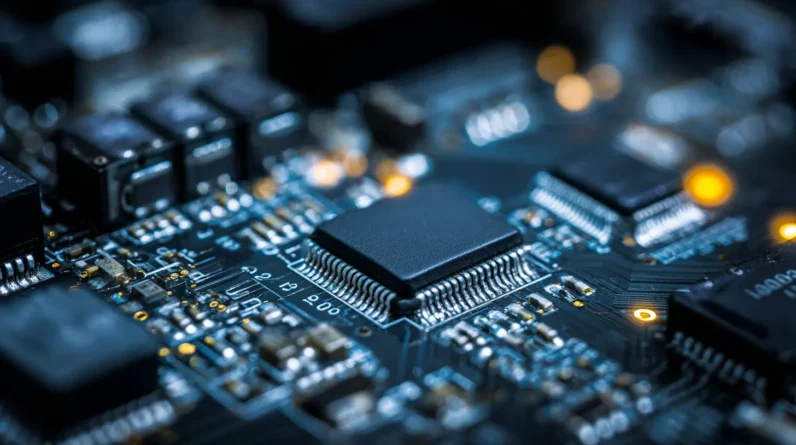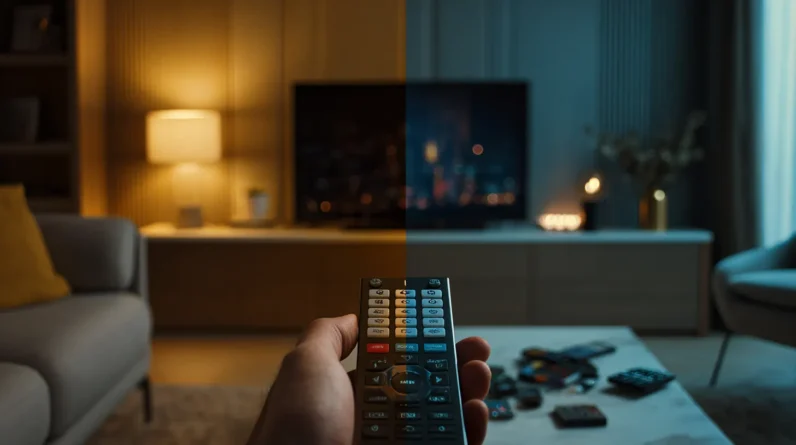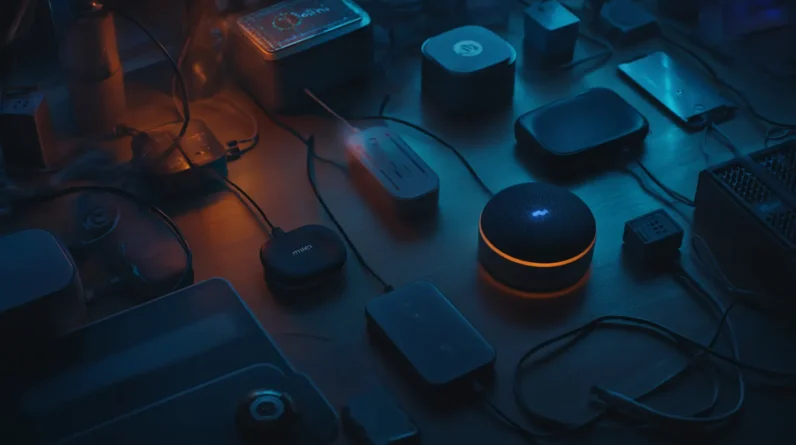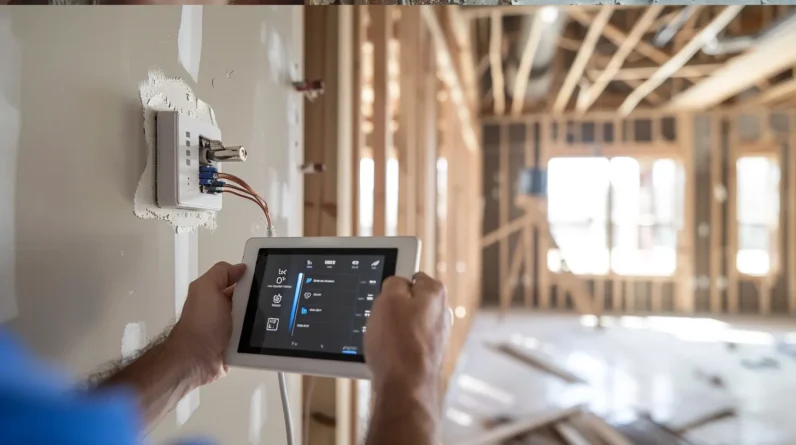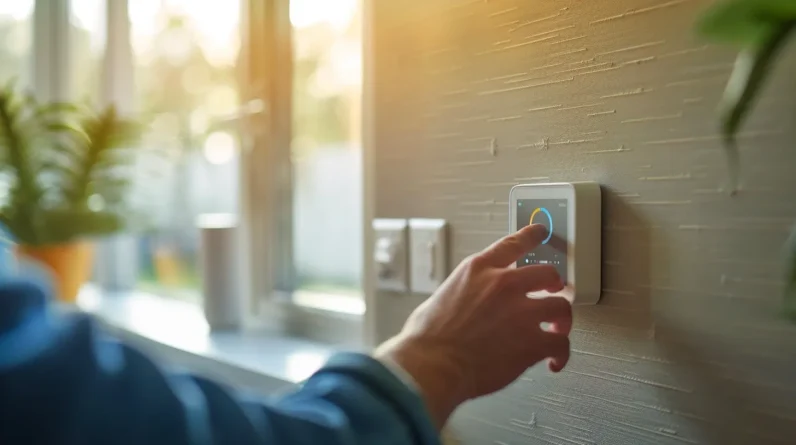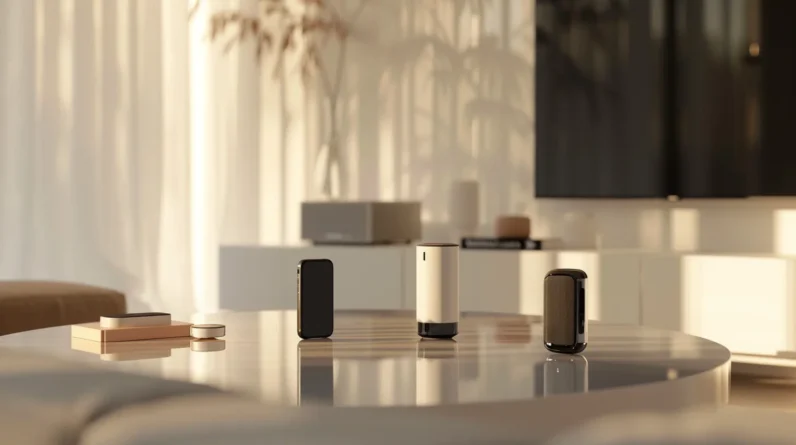
As we integrate smart devices into our daily lives, we’re forced to weigh the benefits of enhanced efficiency against the growing risks to our personal privacy. We enjoy the convenience of automation, data analysis, and remote control, but often at the cost of our personal data being collected, stored, and potentially compromised. To mitigate these risks, we need robust security protocols and transparent data usage policies. Exploring the trade-offs between efficiency and privacy can help us better navigate this complex ecosystem.
The Rise of Smart Devices
Smart devices have become ubiquitous in our daily lives, transforming the way we interact with technology and each other. We rely on them to manage our schedules, communicate with others, and access a vast amount of information. This widespread adoption is driven by advancements in technologies such as artificial intelligence, machine learning, and the Internet of Things (IoT). As a result, smart devices are increasingly interconnected, creating a complex ecosystem that is changing the way we live and work. We are witnessing a shift towards a more automated and efficient way of life, where devices learn our habits and preferences to provide personalized experiences. Our dependence on smart devices is growing, and crucial to comprehend the implications of this trend.
Benefits of Efficiency
While we often take the convenience of smart devices for granted, their ability to streamline tasks and simplify our lives is undeniable. These devices offer numerous benefits that enhance efficiency:
- *Automation*: Smart devices automate routine tasks, freeing up time and mental energy for more complex or creative endeavors.
- *Data analysis*: By collecting and analyzing data, smart devices provide insights that help us make informed decisions and optimize our activities.
- *Remote control*: Smart devices allow us to control our environment remotely, saving time and effort.
- *Personalization*: Through machine learning, smart devices adapt to our preferences and routines, offering a more tailored and efficient user experience.
- *Integration*: Smart devices can seamlessly integrate with other systems and services, creating a cohesive and efficient ecosystem.
Privacy Concerns in the Smart Era
As we increasingly rely on connected devices to manage our daily lives, concerns about the collection, storage, and use of our personal data grow. We generate vast amounts of data, from voice commands to browsing habits, which is then collected, analyzed, and often sold to third parties. This raises significant privacy concerns, as our personal data can be used to create detailed profiles, influencing targeted advertising, credit scoring, and even employment decisions. Additionally, the risk of data breaches and unauthorized access poses a significant threat to our personal data. With the increasing proliferation of smart devices, we must confront the reality that our every move is being tracked, recorded, and analyzed, often without our explicit consent. This calls for a closer examination of the data collection practices.
Striking a Balance: Solutions and Safeguards
We’ve established that our reliance on connected devices poses significant risks to our personal data. To mitigate these risks, we must strike a balance between efficiency and privacy. We need to implement solutions and safeguards that protect our data without sacrificing the benefits of smart technology.
Some possible measures include:
- Implementing robust encryption methods to secure data transmission and storage
- Conducting regular security audits to identify and address vulnerabilities
- Establishing clear data usage policies and obtaining informed consent from users
- Using secure protocols for data sharing and transfer
- Developing devices with built-in security features, such as secure boot mechanisms and trusted execution environments
The Future of Smart Technology and Privacy
Although we’ve made significant strides in addressing privacy concerns, the future of smart technology and privacy remains uncertain. We’re still traversing the balance between innovation and data protection. As smart devices become increasingly integrated into our daily lives, we’ll need to prioritize transparency and accountability. Manufacturers must adopt more robust security protocols and provide users with clear data usage policies. We should also expect more stringent regulations to govern the collection and use of personal data. Advances in technologies like edge computing and federated learning may also offer solutions to current concerns. Ultimately, we must continue to monitor and adapt to the evolving smart technology landscape to guarantee our personal data is safeguarded. The future of smart technology and privacy depends on it.
Conclusion
As we navigate the smart device landscape, we’re walking a tightrope between efficiency and privacy. It’s a delicate balance, but with careful consideration and robust safeguards, we can have our cake and eat it too. By staying informed and advocating for our rights, we can shape a future where technology serves us without sacrificing our privacy on the altar of convenience.


